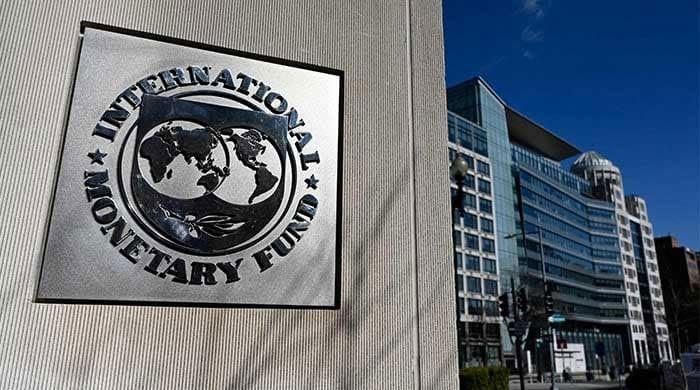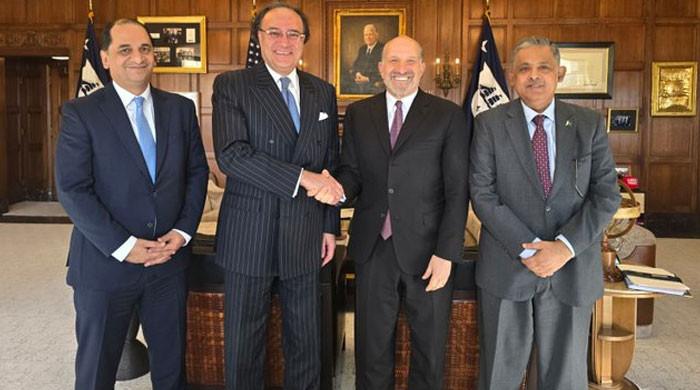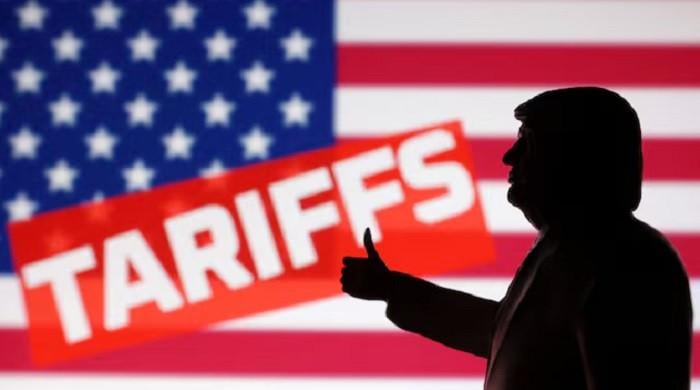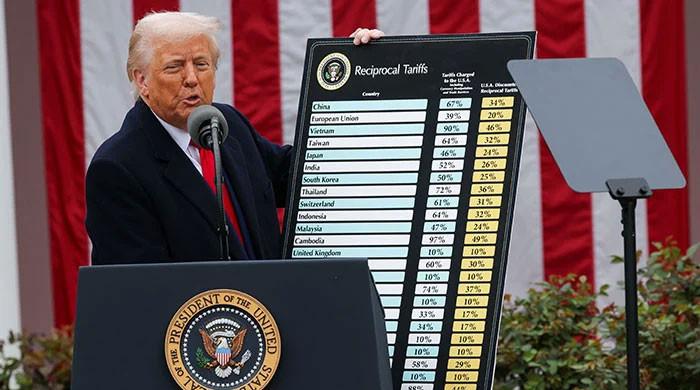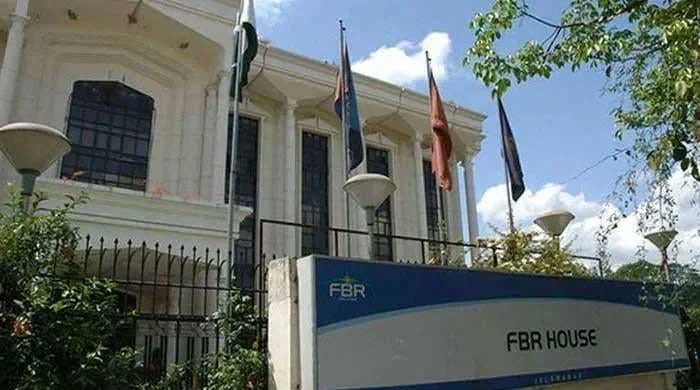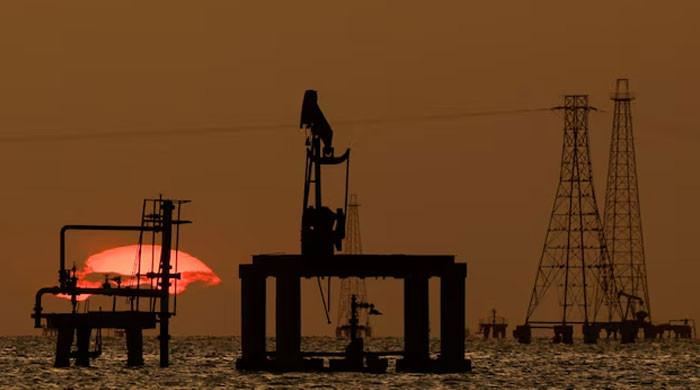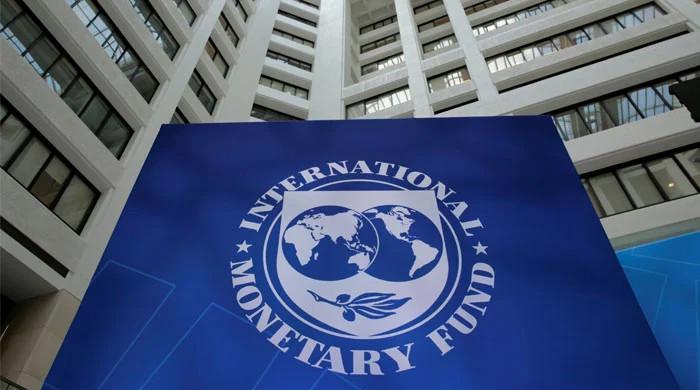FBR imposes Rs111bn fine on solar import firms involved in 'money laundering'
Tax agency cracks whip on fraudsters allegedly using fake firms for over-invoicing
July 31, 2025
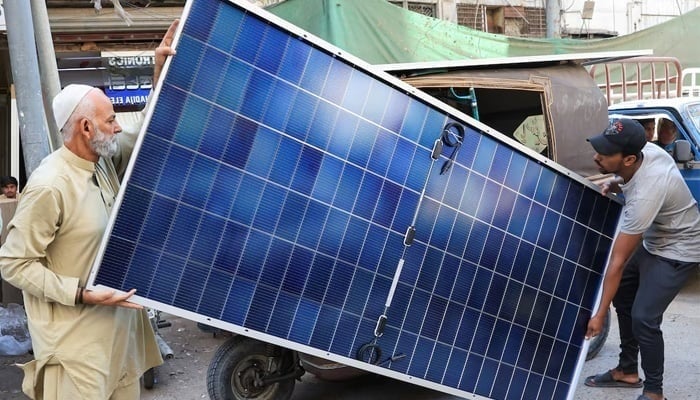
- Over-invoicing of Rs120bn detected using fake documentation.
- Rs140bn allegedly routed through shell firms, fake paperwork.
- 327 containers seized; auction set to recover Rs1.5bn in revenue.
The Federal Board of Revenue (FBR) has imposed a record Rs111 billion penalty on several solar import companies involved in a major money laundering and over-invoicing scheme, senior customs official Shiraz Ahmed confirmed on Wednesday.
According to Ahmed, who serves as Director of Post-Clearance Audit (South), the companies allegedly used fake documentation to over-invoice solar imports by over Rs120 billion in a bid to launder funds out of the country.
In total, the fraudulent network is believed to have routed nearly Rs140 billion through banking channels using shell companies and fabricated paperwork.
Authorities have already seized 327 containers of solar panels linked to the scam. These containers will be auctioned, with the FBR setting a revenue target of Rs1.5 billion from the sale, Ahmed added.
The investigation has so far identified 13 fake companies allegedly involved in the operation, with links traced to Peshawar, Quetta, and Islamabad. Officials say the network also funnelled large amounts of money abroad under the guise of commercial imports.
The FBR crackdown is part of wider efforts to clamp down on trade-based money laundering and protect the integrity of Pakistan’s import system.
According to the Global Electricity Review 2025 by Ember, an energy think tank in the UK, Pakistan has joined the ranks of the world's leading solar markets, importing 17 gigawatts of solar panels last year alone.
A doubling of the previous year’s imports is being represented by this surge. It makes Pakistan one of the top global buyers of solar panels.
Because it is not driven by a national programme or utility-scale rollout, the scale of Pakistan's imports is particularly striking.
The majority of the demand instead appears to come from rooftop solar installations by households, small businesses and commercial users looking to secure cheaper and more reliable electricity in the face of frequent power outages and rising energy costs.




